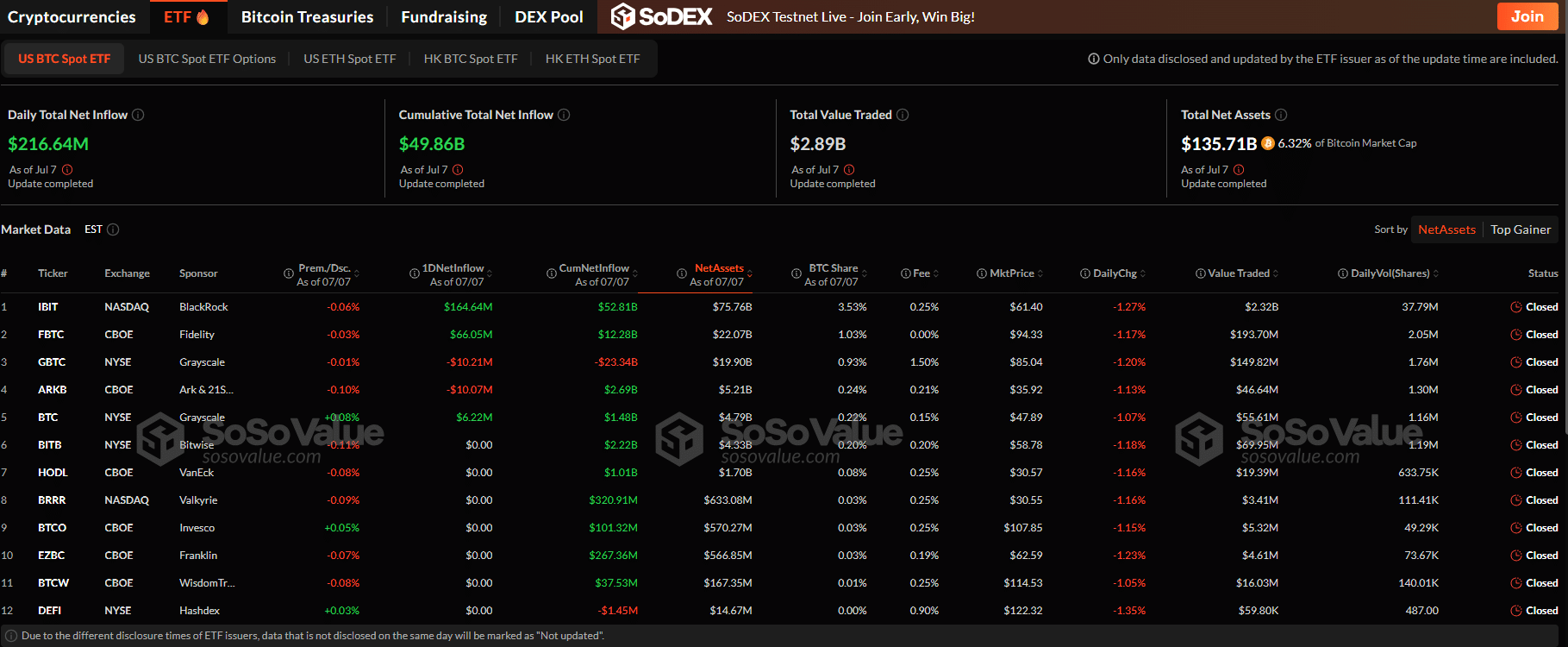Now that the “One Massive Stunning Invoice Act” is the regulation of the land, is there something in there that fintechs and monetary providers corporations must be prepared for?
There are two little-discussed gadgets within the 900+ web page statute could also be of curiosity to the fintech and monetary providers industries One is a little bit of a bankshot, the opposite represents a possible new hurdle for fintechs concerned in funds, together with cross-border transactions and micropayments.
Let’s begin with the bankshot. The OBBBA features a requirement that the Federal Communications Fee (FCC) and the Nationwide Telecommunications and Data Administration (NTIA) public sale 600 MHz of spectrum behind 1.3-10 GHz by the 12 months 2034. Why is that this necessary? For one, the federal government stands to earn as a lot as $88 billion from the proceeds. On the similar time, telecoms like T-Cellular and AT&T stand to achieve bigly from better entry to a mid-band spectrum that represents the inspiration of not simply 5G but in addition future 6G networks, as effectively.
“Wi-fi spectrum acts because the invisible spine for our digital economic system,” Shane Tews, Nonresident Senior Fellow on the American Enterprise Institute, wrote final month. “Each smartphone name, streaming service, autonomous automobile communication, and Web of Issues (IoT) gadget is determined by this restricted useful resource. As we strategy widespread deployment of 5G and look forward to 6G, the supply of business spectrum turns into more and more important to sustaining America’s aggressive edge within the world expertise race.”
Whereas the largest and most direct winners would be the telecoms who’re in a position to purchase the extra bandwidth, sooner, low-latency connectivity might be a boon to fintechs and monetary providers corporations with regards to delivering present options sooner, in addition to providing new services and products that may reap the benefits of trendy networks. Every part from account updating to extra subtle anti-fraud expertise to high-definition video banking might be positively affected by extra strong 5G/6G connectivity. The broader community protection might additionally help monetary inclusion by making it simpler for monetary establishments, together with regional and community-based monetary establishments, to succeed in un- and underbanked communities of their vicinities.
The opposite side of the OBBBA that pertains to fintech and monetary providers is the repeal of the de minimis tariff exemption. The de minimis tariff exemption allowed packages valued at lower than $800 to enter the US duty-free and with much less restrictive customs screening. The exemption got here below fireplace from critics who feared a wave of low-value shipments from China and Hong Kong that might reap the benefits of the exemption.
In contrast to a lot of what occurs in Congress, there was really bipartisan help for repealing the exemption; repeal additionally helped sync Senate and Home variations of the laws. The repeal is slated to take full impact by July 1, 2027—although partial implementation for Chinese language imports has already begun.
How would possibly this little-discussed function of the OBBBA influence fintechs and monetary providers corporations? Larger complexity in funds and cross-border transactions is one potential final result as beforehand exempt transactions develop into topic to new tariff calculations. Together with this there are prone to be further—and infrequently extra advanced—compliance steps that corporations might want to take together with extra in depth documentation, enhanced obligation calculation performance, and extra. Firms may also have to clarify and cope with the influence of upper costs on prospects, who’ve develop into more and more cost-conscious lately.
That mentioned, there could also be alternative on this growth for fintechs within the regtech area particularly. Corporations with expertise and expertise in commerce compliance, logistics, in addition to instruments to assist automate new and sophisticated regulatory necessities, might be excellent companions for fintechs, banks, and different corporations as they navigate a world with way more dynamic commerce and tariff insurance policies than we’ve skilled in a very long time.
Picture by Sebastian Pichler on Unsplash
The publish Will the One Massive Stunning Invoice Act Be a Boon (or a Bust) for Fintech? appeared first on Finovate.























